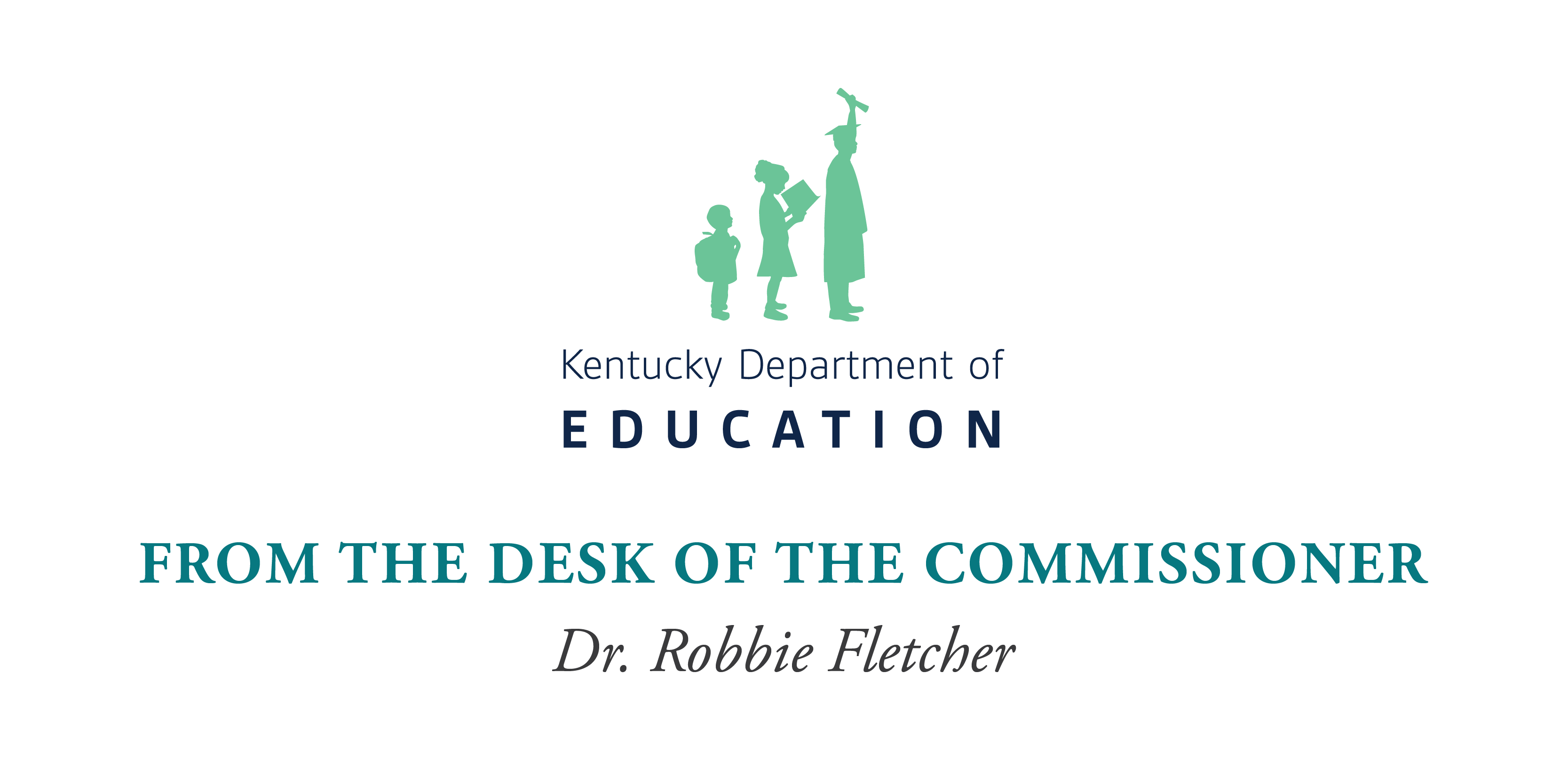
(FRANKFORT, KY) – The Kentucky Department of Education’s (KDE’s) School Curriculum Assessment and Accountability Council (SCAAC) examined remote learning, adaptations to the Early Graduation Program (EGP), new systems for assessment and the Kentucky Academic Standards (KAS) during its July 19 meeting.
Remote Learning
Marty Park, chief digital officer at KDE, discussed how educators can best serve full-time enrolled, remote students with high-quality resources. He emphasized that innovation should be used to create vibrant learning experiences for students who require a non-traditional learning environment.
“Around 2% of our students need an experience for a period of time where they don’t come on campus, and we believe that our public schools can offer the best experience possible, and that’s exciting for us,” he said.
Park provided data on the current program structures for remote learning and pointed out some findings:
- 144 districts submitted and received approval for the 2021-2022 School Year Attendance Waiver.
- 84 districts actively used the waiver.
- 96% of districts reported the waiver helped retain or re-enroll homeschool students.
- 85% of districts reported transferring individual students back to in-person due to lack of progress at the expected rate, per KDE’s Digital Learning Guidelines.
“We feel it’s important for teachers, building administrators, coaches, anyone who will be participating in the virtual learning environment providing instruction, but also anyone supporting those teachers, to be equipped with high-quality professional learning that’s going to allow them to be successful and be able to effectively engage their students in that virtual learning environment,” said Micki Ray, chief academic officer in KDE’s Office of Teaching and Learning.
Early Graduation Program
Ray reviewed amendments to the Early Graduation Program (EGP) from the passage of SB 61 (2022). She discussed internal data and data obtained from KYSTATS to inform regulatory changes to 704 KAR 3:305, minimum requirements for high school graduation, that were needed due to the passage of the legislation.
Sarah Peace, policy advisor in KDE’s Office of Teaching and Learning, reviewed the amendments to 704 KAR 3:305, which have been scaled over a three-year period. She detailed these requirements for who completes the EGP in the academic years of 2022-2023, 2023-2024 and 2024-2025, and beyond.
Guidance on the specific requirements for the 2022-2023 academic year will be made available, along with support for schools and districts on the implementation of SB 61 (2022) and the subsequent regulatory changes made to 704 KAR 3:305. The regulatory amendments discussed by Peace are expected to take effect in the spring of 2023.
Accountability
In discussing on the new accountability system and its implementation, KDE Associate Commissioner Rhonda Sims emphasized the importance of “status” and “change” when looking at school performance. “Status,” which will be reported beginning with the 2021-2022 school year, refers to student performance that year, and “change,” which will be reported beginning with the 2022-2023 school year, is defined as the difference between one year’s status score compared to the subsequent year’s status score.
Jennifer Stafford, director of the Division of Assessment and Accountability Support in KDE’s Office of Assessment and Accountability (OAA), said district assessment coordinators will look at the assessment data, specifically data on demographics, participation and accountability, in early August during the Fall Data Review. OAA will host a standard-setting workshop on Sept. 13 and 14 to establish cut scores for status on each indicator and the overall performance rating.
On Sept.19, the Local Superintendents Advisory Council (LSAC) will meet to approve the work by the OAA.
After the LSAC meets, the district assessment coordinators (DACs) will search for any systemic issues presented in the data before the public release of the School Report Card in early to mid-October.
KAS Review
Chrystal Rowland, director of KDE’s Division of Program Standards, and Thomas Clouse, an academic program manager in KDE’s Office of Teaching and Learning, said the process for reviewing the KAS for Science started in the fall of 2020, when an application for the science review committee and three advisory panels (elementary, middle and high school) was announced. The intent of these groups, including educators, representatives from higher education and community members, was to review and revise the KAS for Science based on public comment.
In January 2021, a public comment survey was released to get feedback on the current KAS for Science. Using the data collected with this form, the science advisory panels and review committee met to review the science standards and review the first round of public comment. A draft KAS for Science was finalized in July.
Currently, there is an open public comment survey that is being used alongside focus groups to get feedback on the draft standards document. Once the survey closes at the end of July, the advisory panels and review committee will reconvene to review and respond to the public comments. The draft KAS for Science is set to be reviewed by the Kentucky Board of Education in the fall of this year.
The review of the KAS for Visual and Performing Arts began in 2021 with a public comment feedback survey. The advisory panels and review committee were formed in April, and are set to meet this month to start reviewing the feedback.




Leave A Comment